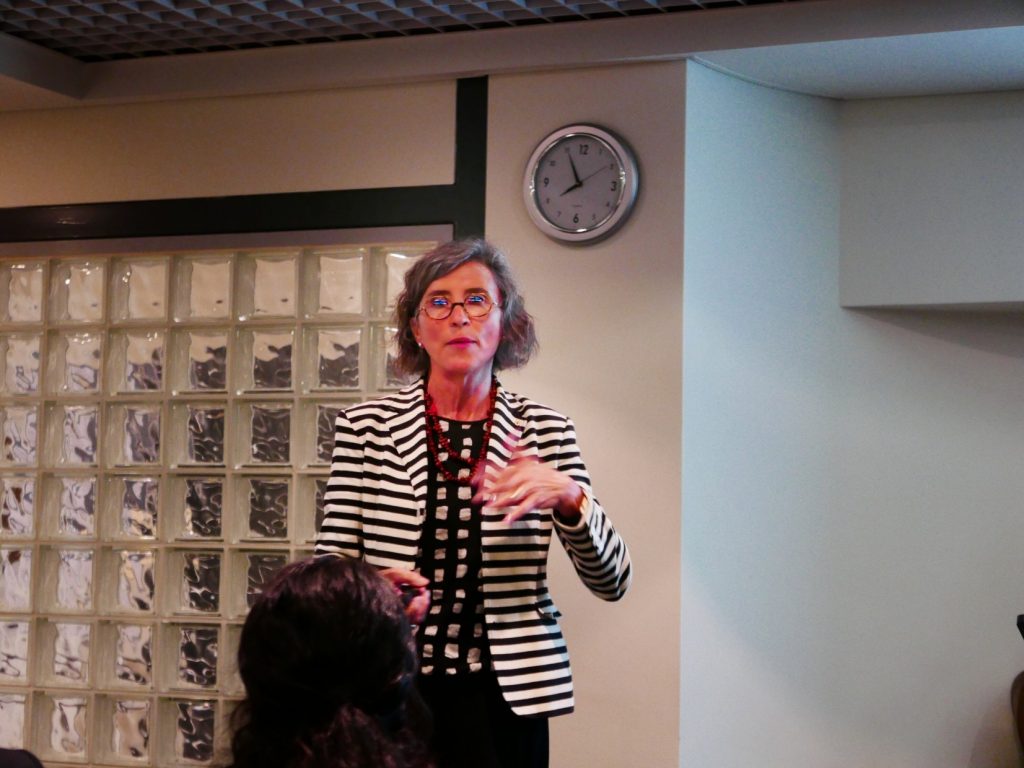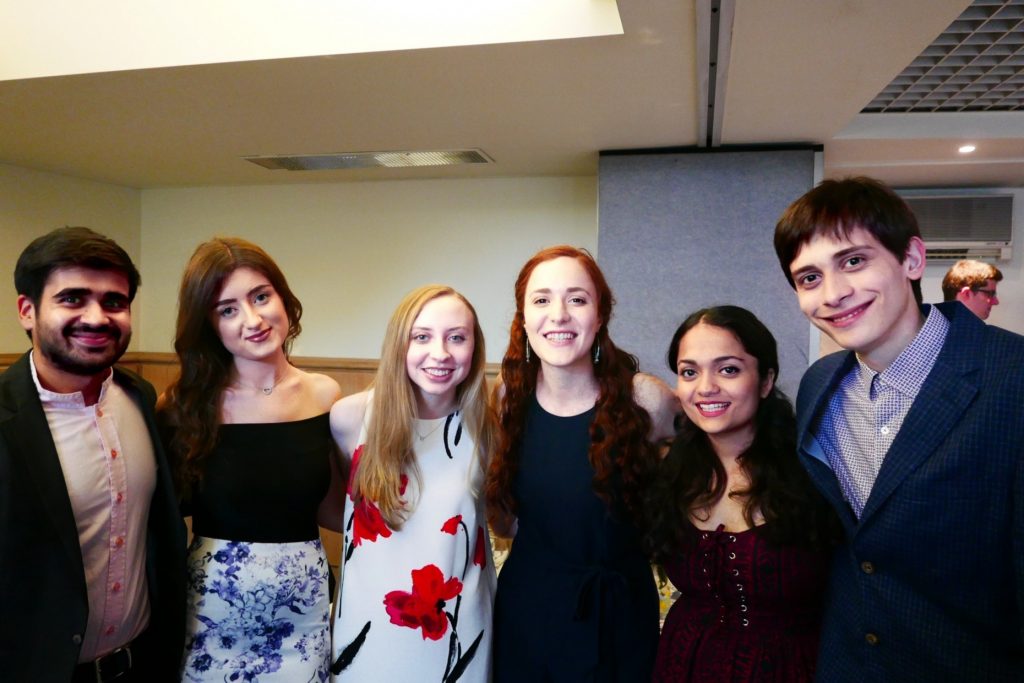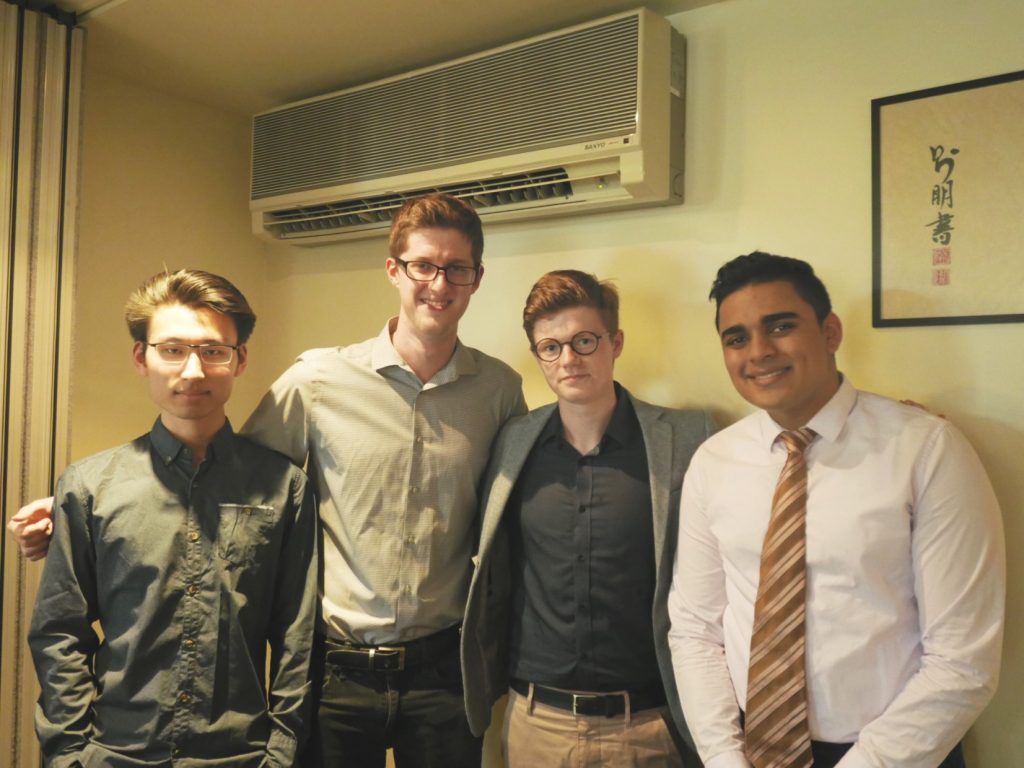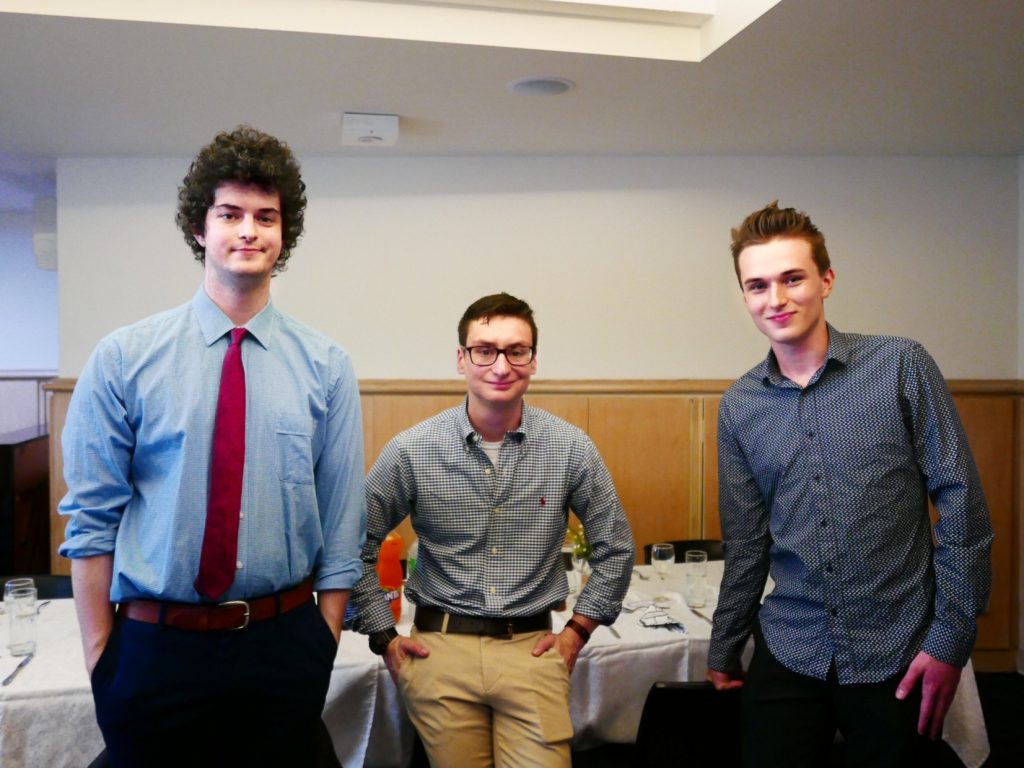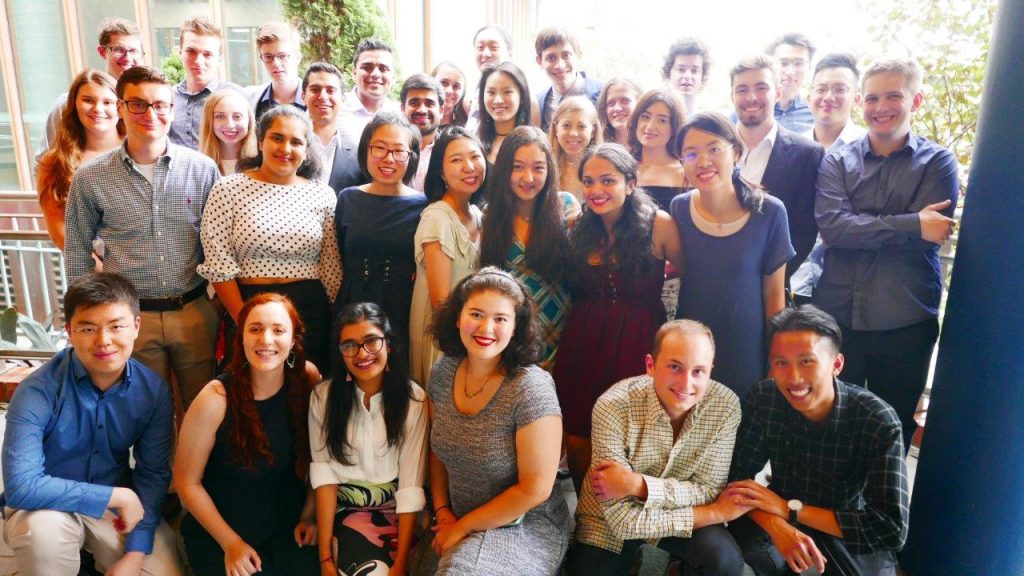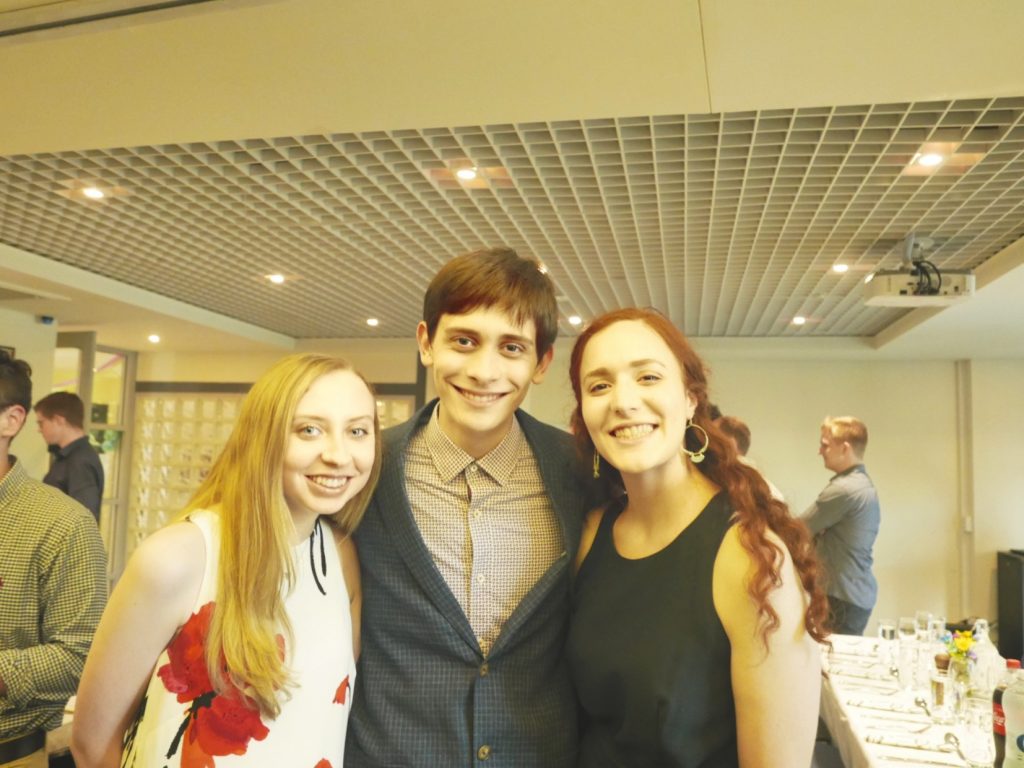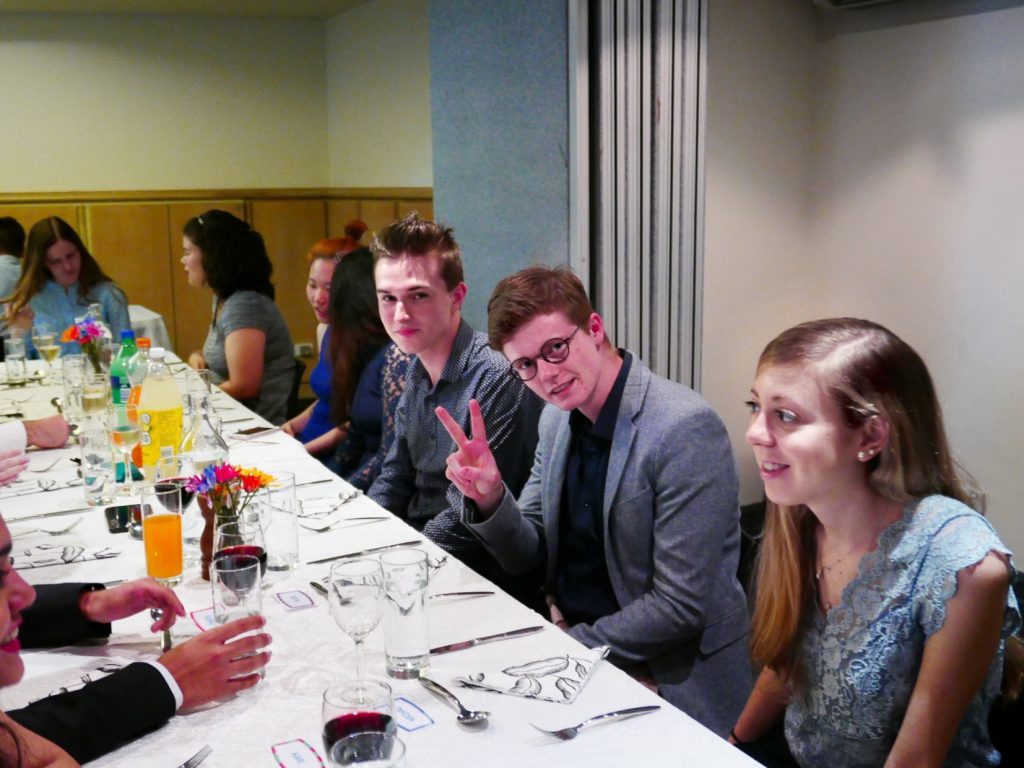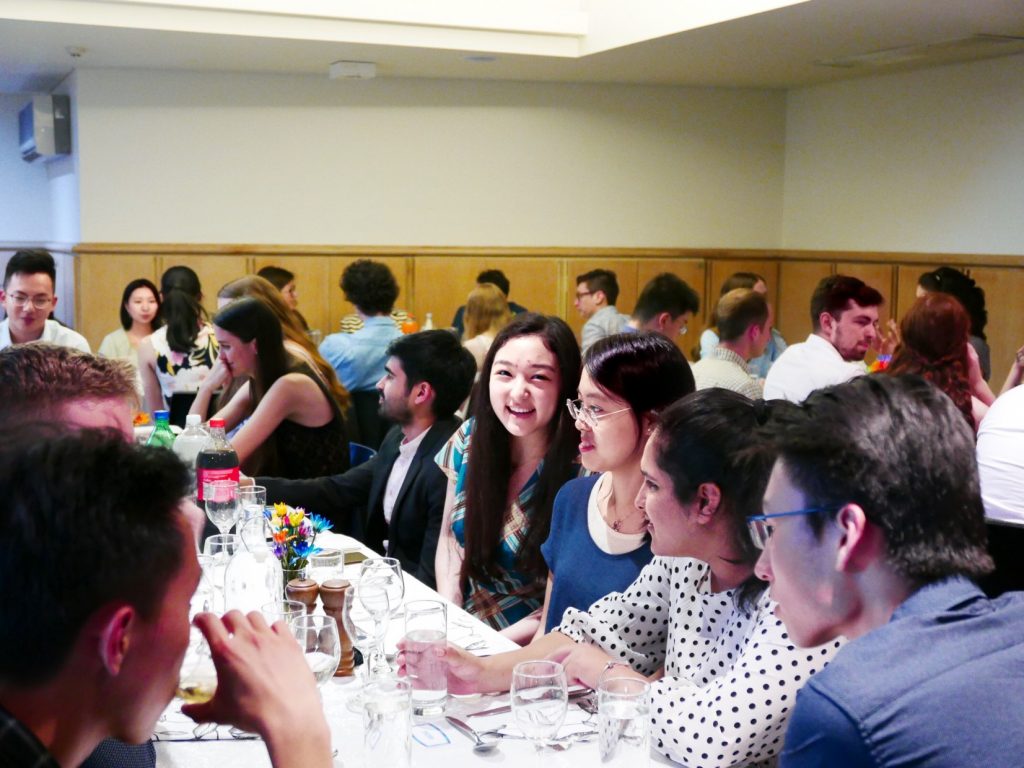Learning from the Legends of our Past
Mandelbaum House residents were excited to welcome Professor Lisa Jackson Pulver AM and her husband Mark to the first formal dinner of the new year. A Wiradjuri Jewish woman, she was made a Member of the Order of Australia (AM) in the Queen’s Birthday 2011 Honours list.
Professor Jackson Pulver was the first Aboriginal person to obtain a PhD in medicine from the University of Sydney. Last year, Professor Jackson Pulver became the university’s Deputy Vice-Chancellor, Indigenous Strategy and Services. This position adds to her already impressive resume as a researcher and educator in the field of Aboriginal health and well-being. Working with Aboriginal populations has a personal meaning for Professor Jackson Pulver as her ancestors descended from Aboriginal as well as Scottish and Welsh backgrounds.
On Wednesday, February 27, the residents of Mandelbaum House were honoured to welcome Professor Lisa Jackson Pulver and her husband Mark Pulver to the first formal dinner of the new year. Professor Jackson Pulver was the first Aboriginal person to obtain a PhD in medicine from the University of Sydney. Last year, Professor Jackson Pulver became the university’s Deputy Vice-Chancellor, Indigenous Strategy and Services. This position adds to her already impressive resume as a researcher and educator in the field of Aboriginal health and well-being. Working with Aboriginal populations has a personal meaning for Professor Jackson Pulver as her ancestors descended from Aboriginal as well as Scottish and Welsh backgrounds.
The evening began with resident Haruka playing a stunningly beautiful rendition of Beethoven’s “Für Elise” on the piano. Following the performance, resident Alex gave an informative introduction that managed to summarise the professor’s extraordinary career. Professor Jackson Pulver began her intriguing discussion by acknowledging the Aboriginal and Torres Strait Islander people as the original owners of the land. She then proceeded to enlighten us on the astonishing lives of three Aboriginal women who made significant contributions to society. Sister Alison Bush was one of the first Aboriginal nurses and midwives and established many opportunities for Aboriginal people to access health care. Aunty Ali Golding taught Aboriginal children to read and write in a time when they may have otherwise been denied an education. Aunty Mavis Robinson’s work as a schoolteacher paved the way for Aboriginal people looking to begin a career in education.
Professor Jackson Pulver taught us that “Aunty” and “Uncle” are terms of respect used towards elders in the Aboriginal community. Additionally, we learned about the serious adversities the Aboriginal people have faced over the decades including diseases, genocides and assimilation. The Aboriginal population suffered a severe loss in the mid 1800s and has only recently begun to recover according to local census measures. The population increase may be due to individuals discovering their true heritage or people finally feeling safe enough to expose their true identities within society. To this day, the Aboriginal community has a shorter life span than the rest of the Australian population, and many Aboriginal people still lack the healthcare and education they deserve. Programs such as the Close the Gap Campaign are working to combat such inequities, but Professor Jackson Pulver reminded us that it is up to all members of our society to do our part and ensure that everyone has equal rights. Regardless of where we come from, we must remember to listen to those around us in order to guarantee that our world is one founded on equality.
Article by Claire Thompson (Mandelbaum resident) Photos by Vanessa Song (Mandelbaum resident)

